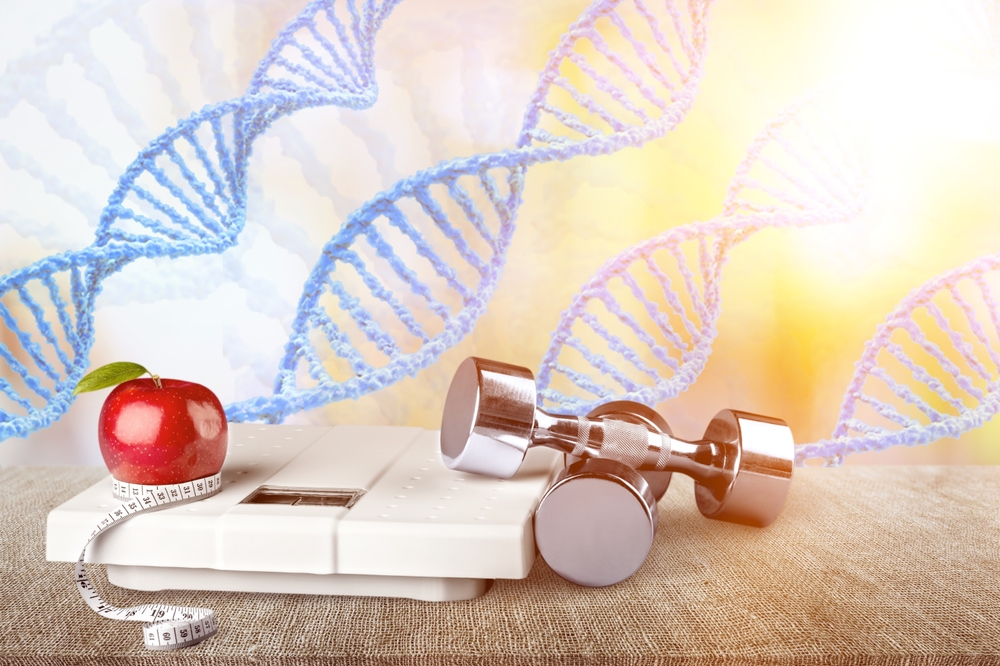Nutrition is often viewed as a one-size-fits-all solution to health, but what if I told you that your genes could be calling the shots on what’s best for your body? Welcome to the world of nutrigenomics, a groundbreaking field that delves into the intricate relationship between our genetic makeup and dietary requirements. Let’s embark on a journey to understand how our genes impact what we eat and how this knowledge can revolutionize our approach to healthy living.
Understanding Nutrigenomics:
- Nutrigenomics might sound like something out of a sci-fi flick, but it’s all about how your unique genetic makeup influences how your body responds to the food you eat. Yep, you heard it right – your genes have a say in whether that kale salad is going to make you feel like a superhero or leave you feeling like you’ve been hit by a food coma.

- So, let’s break it down. Your DNA isn’t just a blueprint for your luscious locks or your baby blues; it’s also a roadmap for how your body processes nutrients. Think of your genes as little chefs in your body’s kitchen, cooking up a storm with every bite you take. But here’s the kicker – not all chefs are created equal! Some of us are blessed with genes that help us break down fats like nobody’s business, while others struggle to digest lactose without a side of discomfort. It’s like having a personalized menu for your body, tailored to your genetic quirks.
- But fear not, my fellow food explorers! Armed with the knowledge of nutrigenomics, we can take control of our culinary destiny. By understanding our genetic predispositions, we can make smarter choices about what goes on our plates and how it impacts our health.
- For example, if you discover that you have a gene variant that makes you more sensitive to carbohydrates, you might opt for complex carbs like quinoa or sweet potatoes over sugary treats. Or if your genes scream for more vitamin D, you might soak up some sunshine or chow down on some salmon to keep those levels in check. But nutrigenomics isn’t just about what we eat – it’s also about how we eat. Ever notice how some people can graze all day and never gain an inch, while others swear by intermittent fasting? Yep, you guessed it – genetics strikes again!
- So, the next time you’re pondering whether to reach for that doughnut or that apple, remember that your genes might have a thing or two to say about it. Embrace the power of nutrigenomics, and let your DNA be your guide to a healthier, happier you!
Genetic Polymorphisms and Dietary Response:
One of the key concepts in nutrigenomics is genetic polymorphisms, which are variations in specific genes that can influence how we metabolize certain nutrients. For example, variations in genes responsible for metabolizing caffeine can determine whether an individual is a fast or slow caffeine metabolizer. Similarly, variations in genes involved in vitamin metabolism can affect our body’s ability to utilize vitamins efficiently.
Personalized Nutrition:
By unraveling the genetic factors that influence our dietary response, nutrigenomics opens doors to personalized nutrition strategies. Instead of adopting a one-size-fits-all approach to dieting, individuals can now tailor their eating habits based on their genetic predispositions. For instance, someone with a genetic predisposition for lactose intolerance may benefit from reducing dairy consumption or opting for lactose-free alternatives.
Optimizing Health Outcomes:
The implications of nutrigenomics extend far beyond mere dietary recommendations. By aligning our diet with our genetic makeup, we can optimize health outcomes and reduce the risk of chronic diseases. For instance, individuals with a genetic predisposition for high blood pressure can modify their diet to include foods rich in potassium and low in sodium, thereby supporting healthy blood pressure levels.
Challenges and Ethical Considerations in Nutrigenomics
Challenges in Nutrigenomics Research:
Despite its promising prospects, nutrigenomics faces several challenges that warrant attention. Firstly, the complexity of gene-nutrient interactions requires comprehensive data analysis and interpretation, posing a significant hurdle for researchers. Moreover, the field is still in its infancy, with limited evidence supporting the clinical utility of genetic-based dietary interventions. This lack of robust evidence may hinder the integration of nutrigenomics into mainstream healthcare practices.
Ethical Considerations:
As we delve deeper into nutrigenomics, it’s essential to address the ethical implications surrounding genetic testing and personalized nutrition. One major concern is the potential for genetic determinism, wherein individuals may feel constrained by their genetic predispositions, leading to fatalistic attitudes toward their health. Additionally, the commercialization of genetic testing services raises questions about data privacy, consent, and equitable access to healthcare resources.

Conclusion:
In conclusion, nutrigenomics offers a glimpse into the intricate relationship between our genes and nutritional requirements. By harnessing the power of genetic information, we can embark on a journey towards personalized nutrition tailored to our individual needs. However, as we navigate this evolving field, it’s crucial to tread carefully, considering the ethical implications and striving for a balance between scientific progress and ethical responsibility.

